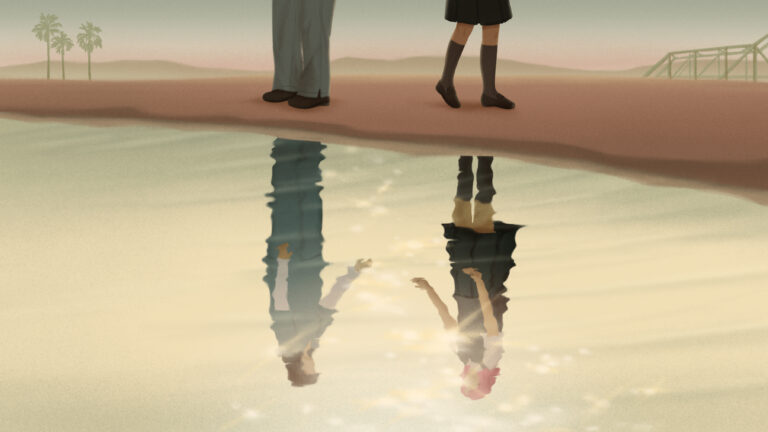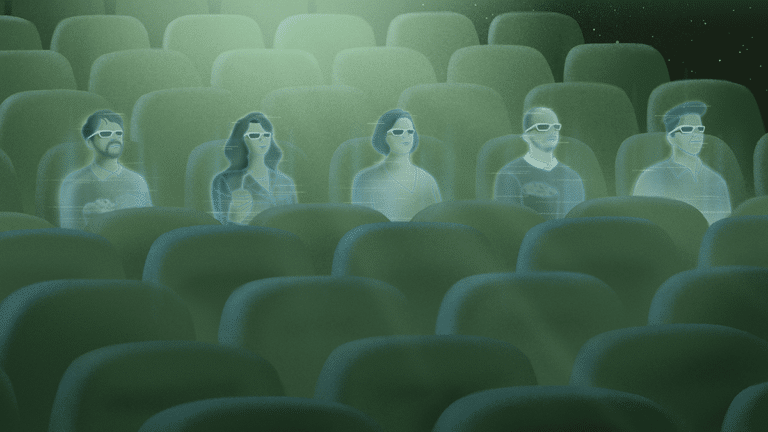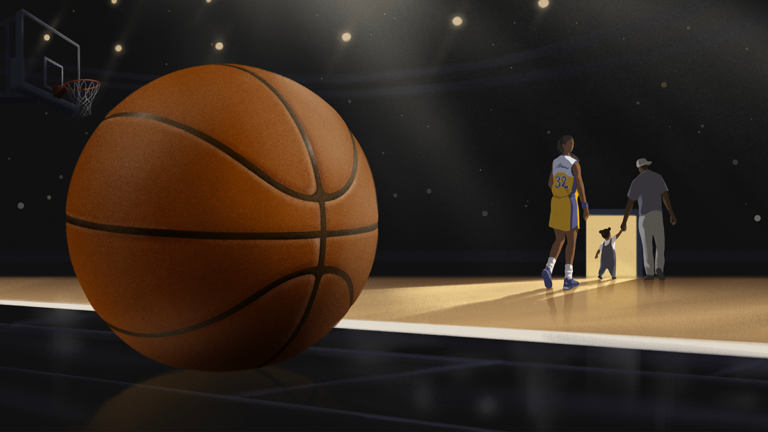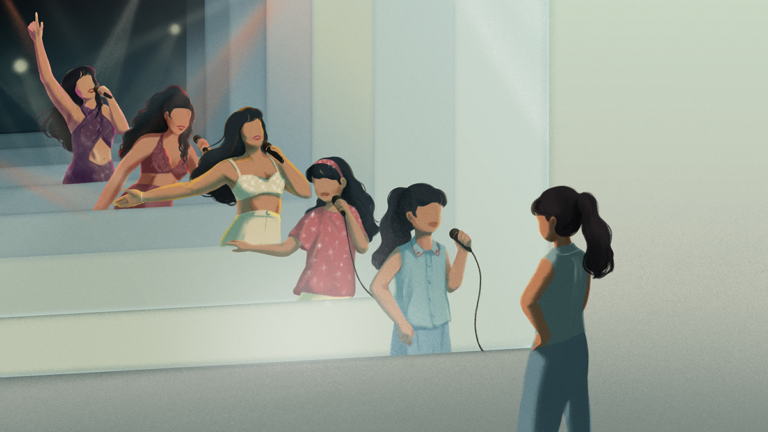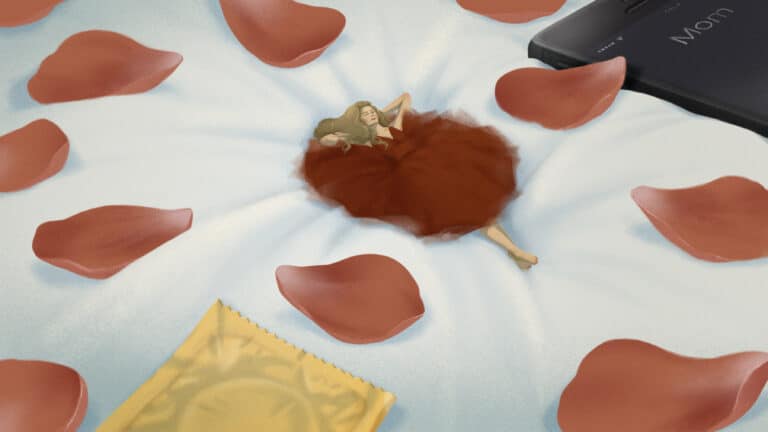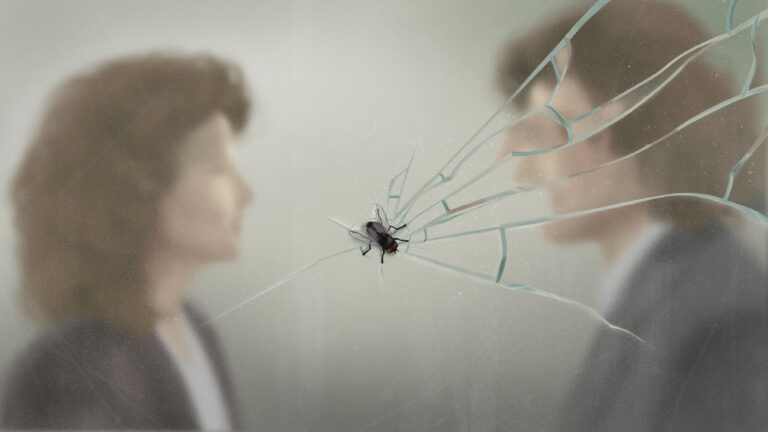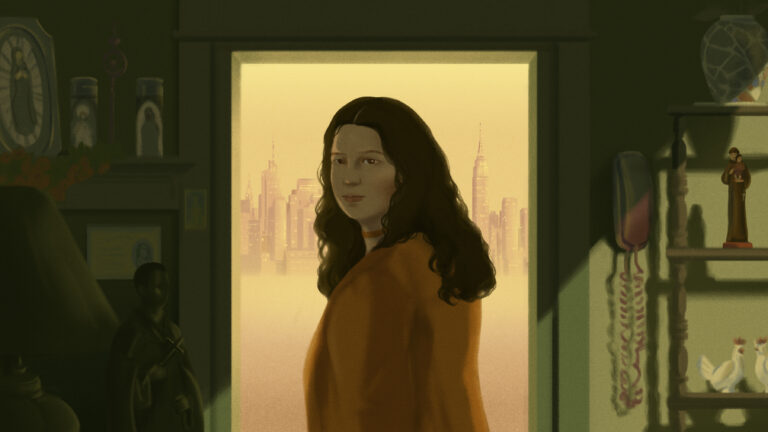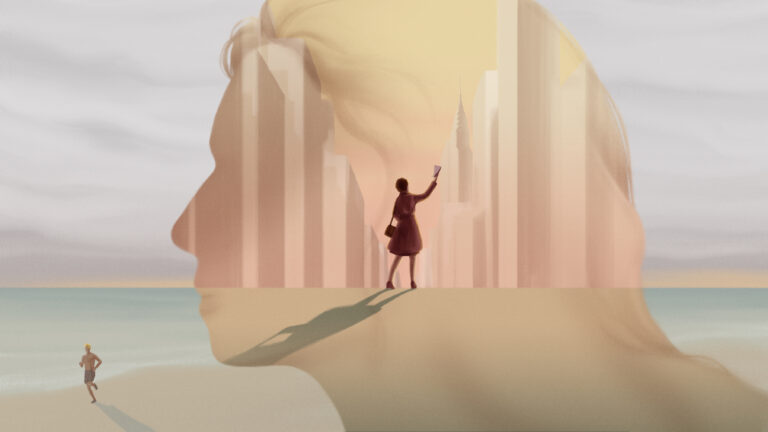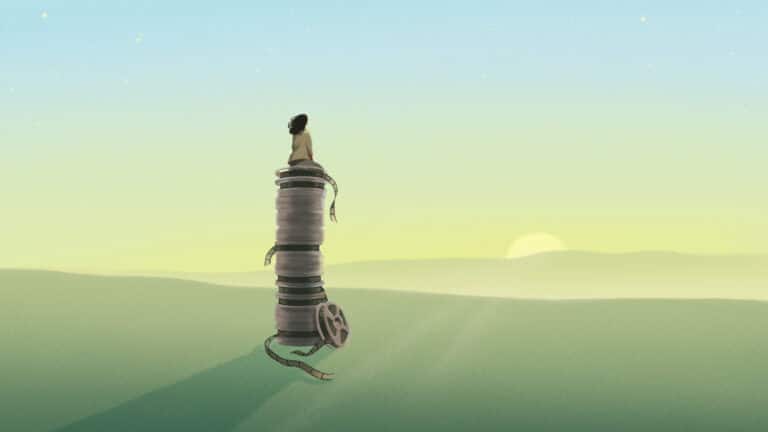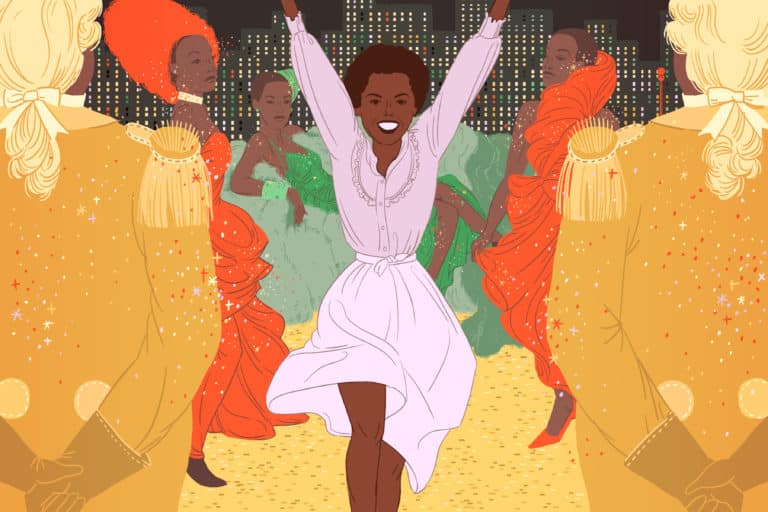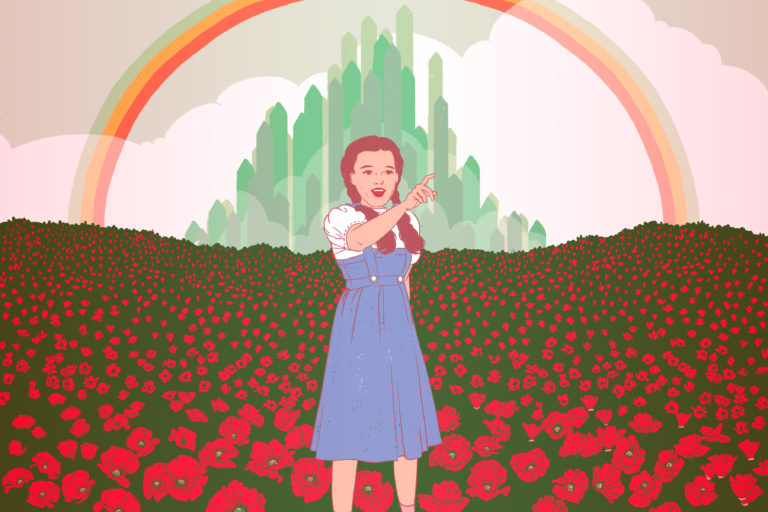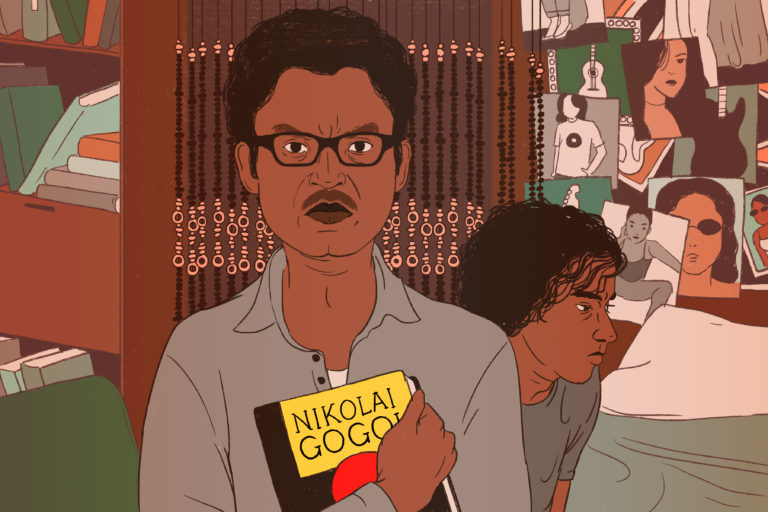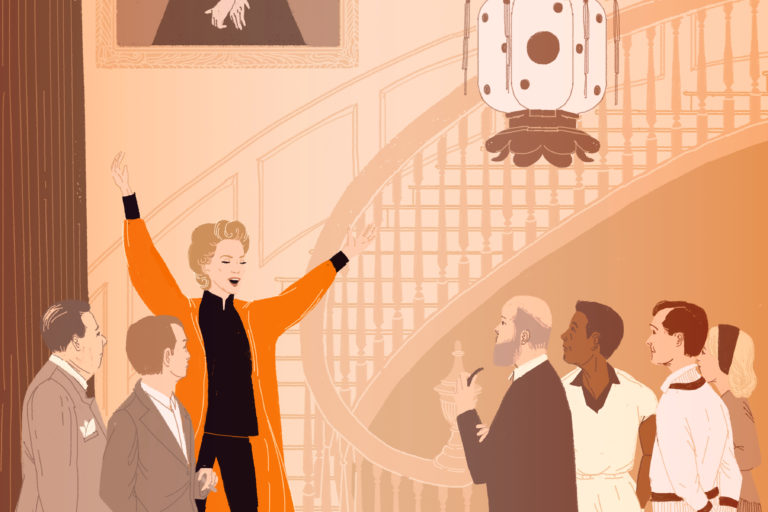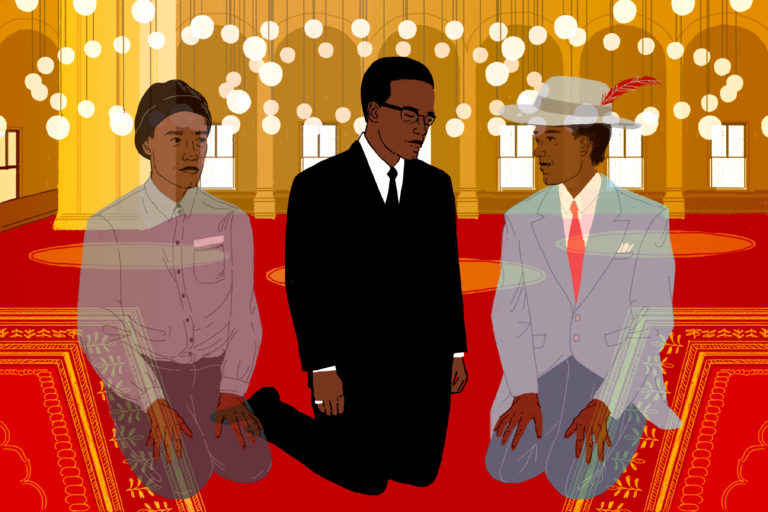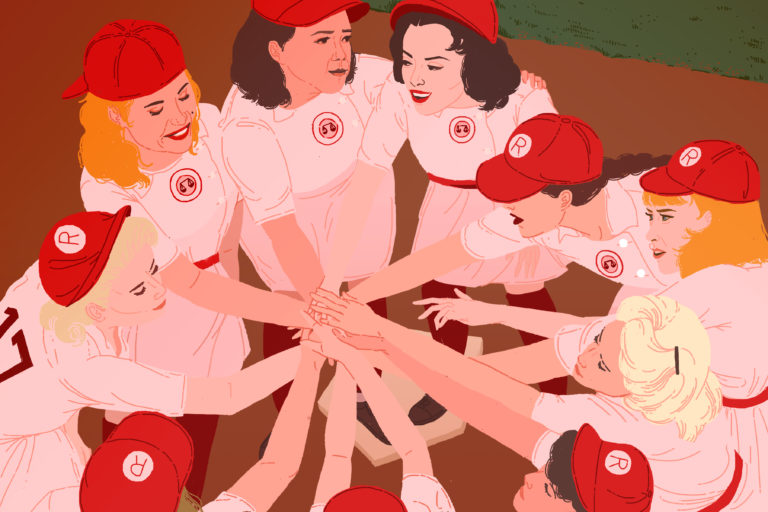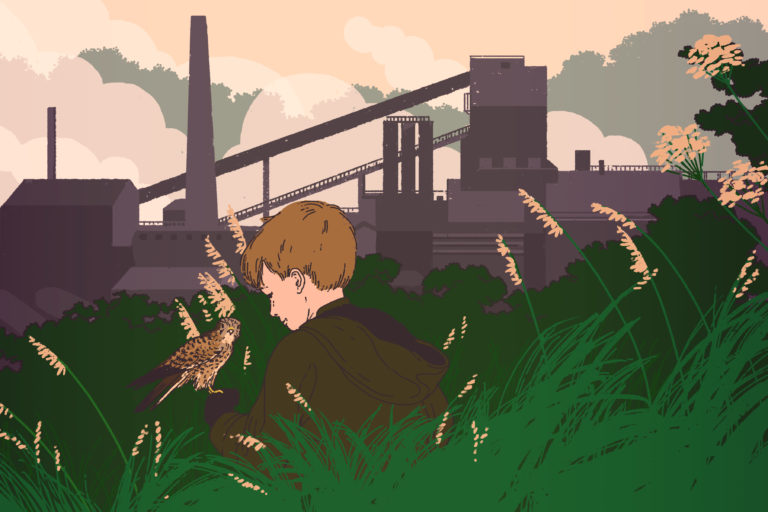February 9, 2021
The Color Purple
Danez Smith
The Color Purple is about the traumas and triumphs of a Black woman named Celie. Set in the Jim Crow South, the story radically centers complicated relationships between Black people, even as whiteness and racism loom in the background. Directed by Steven Spielberg, the movie adaptation of Alice Walker’s classic novel was released in 1985. Both tellings have been beloved companions to Danez Smith, a queer writer and performer. Smith says Walker’s story helped them embrace the messiness of life; “to let life exist best within that brilliant complication that lives somewhere between the joy and pain of a single experience.”







